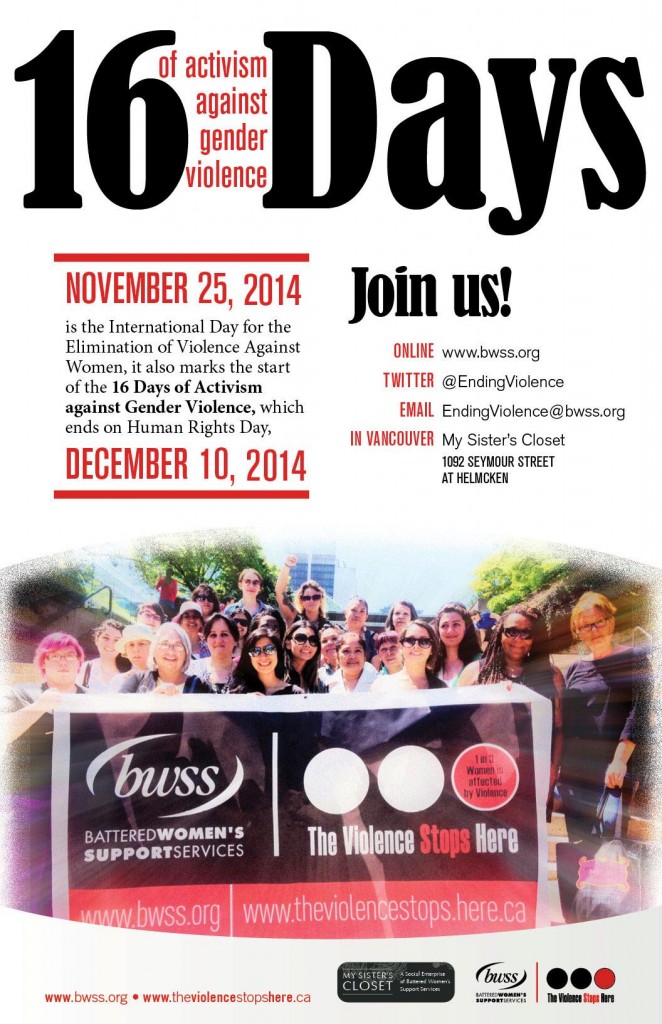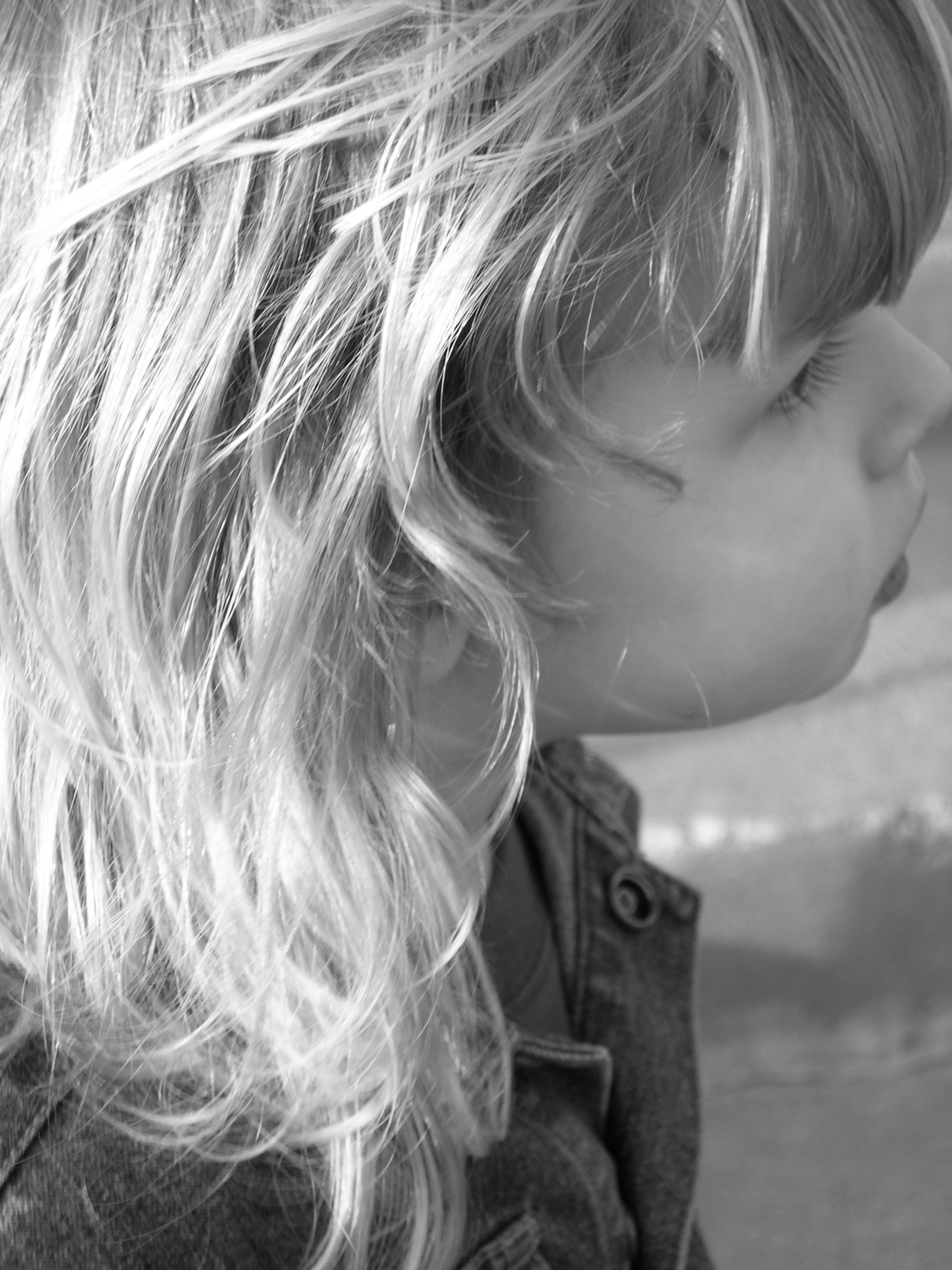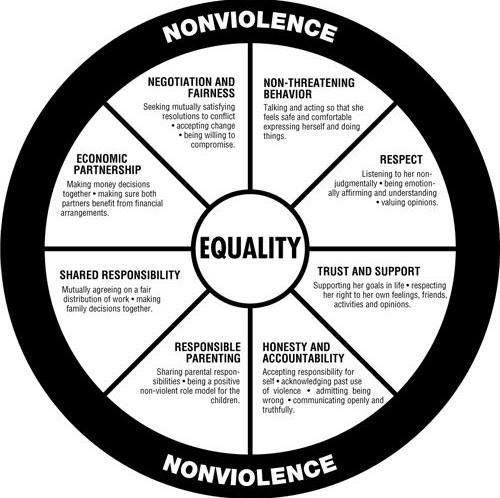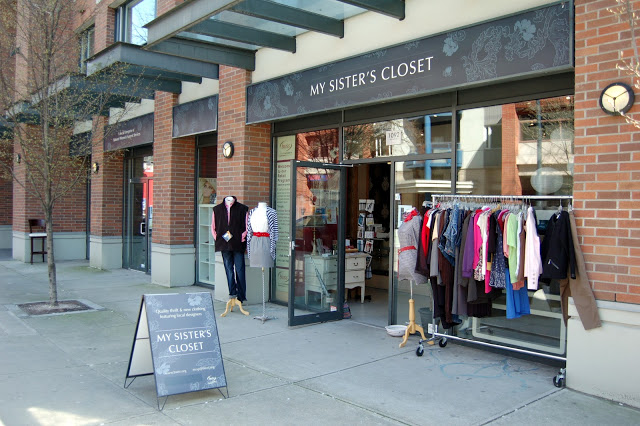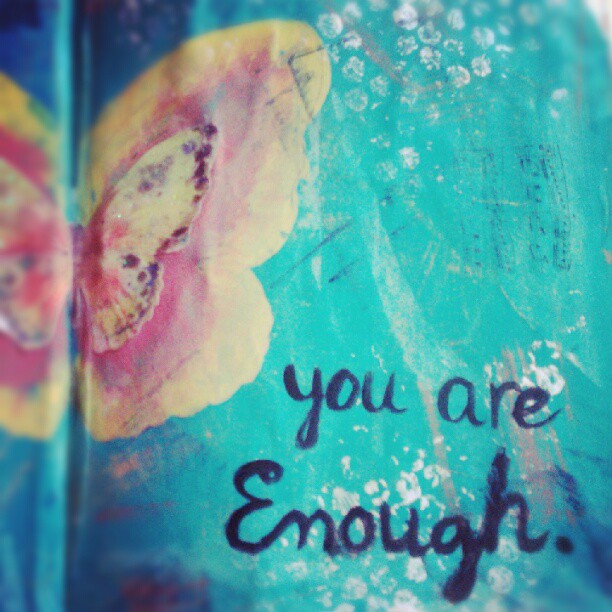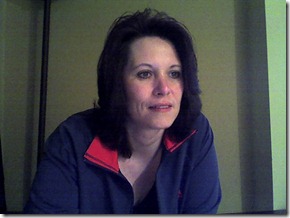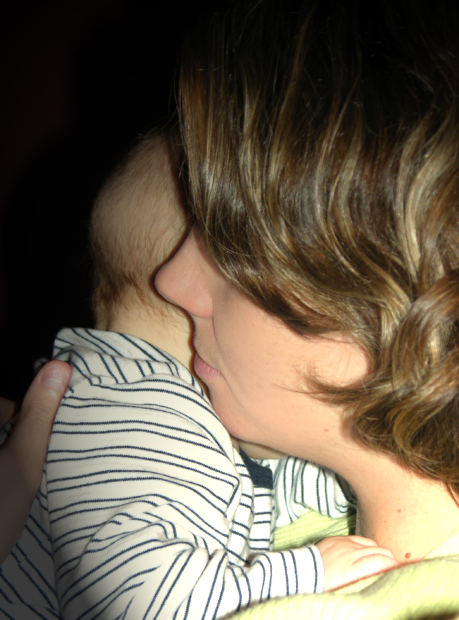International Day to End Violence Against Women in Canada
16 Days of Activism Against Gender Violence Women from November 25, 2014 , continues through December 6th to on December 10th. Our ED Angela Marie MacDougall joined Sonia Sunger on Global TV to talk about the International Day to End Violence Against Women.
Download and listen the postcast here. The following is a rush transcription of the interview:
Sonia Sunger: We are going to be turning to other news now. We have a guest here to talk about the International Day to end Violence against Women, Angela Marie MacDougall. You’ve actually just been listening to this press conference that has been going on, and obviously we talked to you about, today obviously is a very big day for the elimination of violence against women. First, I want to get your thoughts on that press conference that just happened. I know you know it’s an emotional day obviously for a lot of people and you have been taken aback by some of the comments that were made
Angela Marie MacDougall: Yes, thank you for the opportunity to join you this morning. I think, I found the press conference riveting and pointed. You know, I think that the lawyers and certainly reverend Al Sharpton did an extraordinary job through their comments to speak to the ways in which these proceedings that happened in Ferguson did not follow proper procedure. They asked very important questions about how these proceedings was undertaken and indicted the proceedings in terms of how it was done. And I think anyone who has been watching this and paying attention to the United States and the ways in which African American people in the United States historically from the very beginning of the creation of the US as a country in terms of stealing Africans from Africa in order to do slave labour until the present day. We have seen these kinds of things go on for generations, and so this is an example of what has happened historically and it’s happening again. And I think the that was very pointed for me was hearing Al Sharpton say that “Our hearts are broken, but our backs are not broken” and I think that’s the message I am taking away is that this work continues to address systemic racism and discrimination. And we have to understand that African American boys and men and girls and women are murdered every 28 hours by a police or a police type individual. This is astonishing and we have to in order to really understand the level of threat that people are facing.
SS: Are you surprised? I guess you are not obviously surprised by the reaction that we have seen in the US I mean that this has sparked a whole new civil rights movement and Al Sharpton is saying they are going to hold an emergency meeting in Washington coming next week, saying they are going to form a plan for ongoing demonstration and saying this is far form over and it’s really just the beginning.
AMM: If there is anything to take from this it is that people have become galvanized behind from the death of Michael Brown. And since Michael Brown there have been several young men and women that have been murdered, shot unarmed by law enforcement officers in the US since then several. And so, people are fed up. And this is understandable and people are really mobilizing around these and things have to change. One of the problems we bump up against is whether the system is actually broken or if it is working exactly as its intended, and it’s a tricky question that has yet to be answered truly.
SS: Exactly and that’s the question that they were raising today and that’s about the process itself was this process they used, the problem itself, and you heard the reverend and the lawyer saying that in this case, it was prosecutor only, and there was no cross examination, there was no ability to take a second look at the evidence that was presented, so I mean I think that’s where the anger and resentment is coming from. Was this process completely fair?
AMM: That’s it. Those are the questions and they are good questions for those of us who went there and weren’t able to be a part of that proceeding to see how it went down. These are important critical questions that have to be asked. And you know the question is really is how will that system be held accountable. I know that they want to push for legislation that has a law enforcement wearing body cameras and hope that would bring some transparency because and not being able to trust the proceedings that are in place. I think also and have the government step in. What historically has happened within the United States where local communities have a long history of systemic racism and police violence that people can’t trust, that local communities can address these very serious issues, and so seeking outside people such as the federal government to participate. And that’s a really good question about why the federal government was not involved in this? I think that the issue is accountability at the end of the day here and transparency, and what’s been raised here is very serious as there has not been a level accountability, or transparency.
SS: And I think that will be the next step to see how the federal government in the US handles this whether they do step in and the next steps there. I wanna talk to you also about today being the day of the International Day to End Violence against Women and this day falls with, you know, two recent cases of violence in Surrey’s South Asian community in the past few months including one this weekend where a woman in her 60s was found dead and her husband is being charged with second degree murder.
AMM: Well Sonia…Violence against women is one of the most pressing social issues of our time. Woman are being murdered every day by their male partners all across the lands. And you know, we’ve seen horrific murders of women in Surrey. We continue to seek the amount of public awareness, but we really need a behavior change at this point, we need to see real change that’s going to address levels of unsafety, violence, and oppression in women are experience in their homes. In their homes understand that this is happening in women homes where it’s supposed to be safe.
SS: I understand that the BWSS is celebrating an important milestone. I don’t know if you want to say celebrating, but marking looking at the past 35 years of progress that the organization has made. So when you think of that, 35 years of history how far have you come?
AMM: Well so, murders of women have not stopped. So we need to start right there. When Battered Women’s Support Services was created in 1979, we had a situation where we could not talk about violence against women it was simply deemed to not exist. If we think about 1882 when Margaret Mitchell who was an MP for Vancouver East spoke at the House of Commons and she spoke about the prevalence of which she called then wife battering and the male MPS in the House of Commons laughed at her. So that was the context of when BWSS started and our very name Battered Women’s Support Services and that name was selected to make visible that which was rendered invisible. And so, when we fast forward to present day we have a situation now to where things have shifted, we have way more public awareness media reports are much better in terms of accuracy and there is a significant backlash whenever victims are blamed. We really appreciate the role of social medial and how communities and communities of women and others are mobilizing around social media in order to bring a level of awareness and to push back around victim blaming. So those are some things that have happened. One of the things I think is really important to note is that no more than ever woman are leaving abusive relationships. More than my mothers time, more than my grandmothers time. And this is really important torn recognize that woman are leaving and seeing that there are options other than living with violence.
SS: Yeah, and the other part of this is also sexual violence and allegations of that you know just in the past few weeks we’ve seen the allegations against Jian Ghomeshi, and cases like that making a lot of people think about that sort of violence against women and a lot of people coming out and more people are willing to speak about it. Do you think that is elevating the conversation?
AMM: Yes most definitely, it is positioning women’s voice at the center of this conversation, women had have experience sexual violence at the center. And that’s where we need to be, really hearing women, hearing women share their stores of sexual violence, talking about ways in which the power dynamics played out that contributed, talk about the way in which power dynamic contributed to the silencing and to the disbelief when women went public, weather that was from co-workers or law enforcement, friend and family this is extraordinarily important because it is the victim blaming and the silencing, and the undermining of women’s voices over the years that has allowed those who would do sexual violence and domestic violence against women to continue and that’s shifting and this is a critical important part of this shift within our culture.
SS: Alright well let’s hope this shift and conversation continues. Angela Marie MacDougall from Battered Women’s Support Services joining us today.
AAM: Thank you, Sonia.
If you could do something to end violence against girls and women, wouldn’t you?

